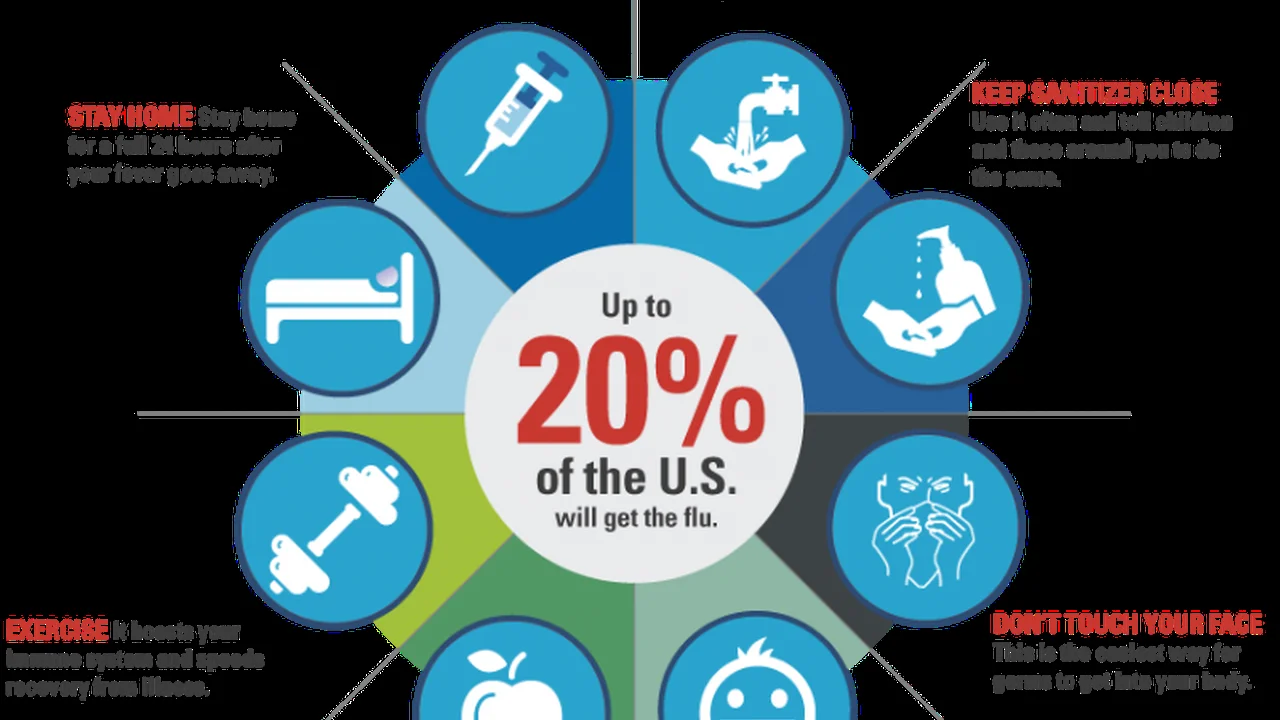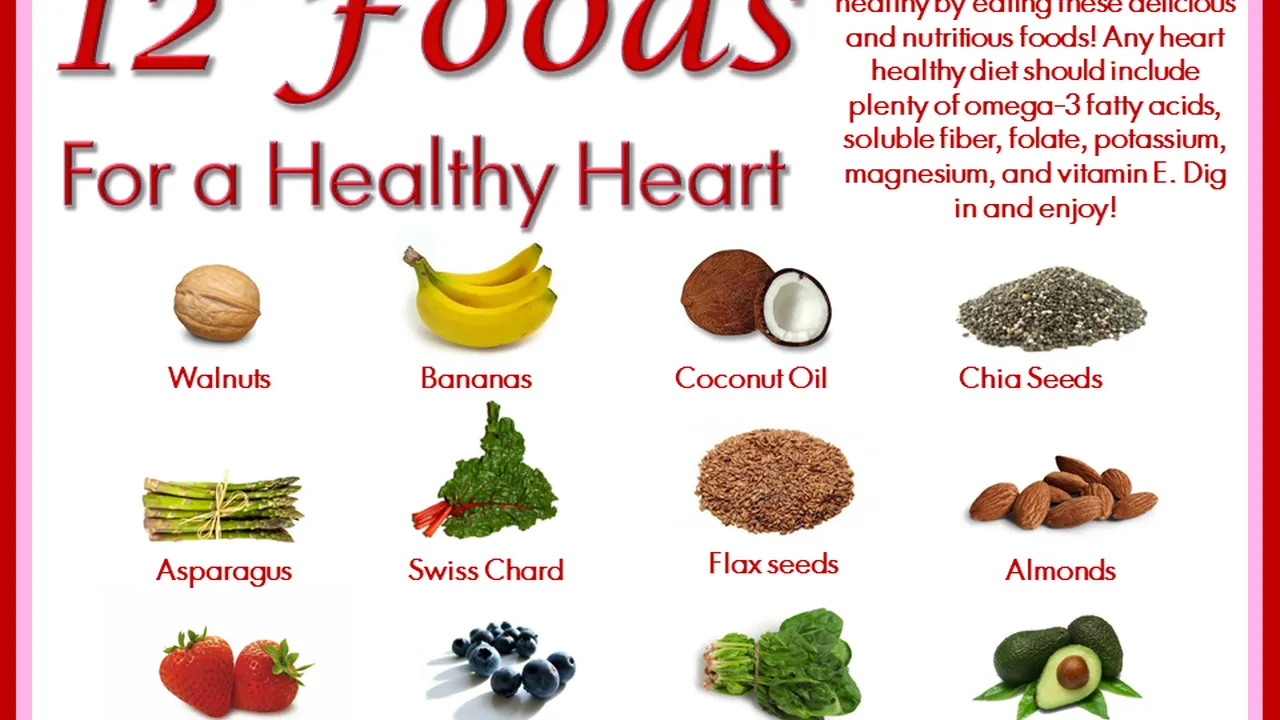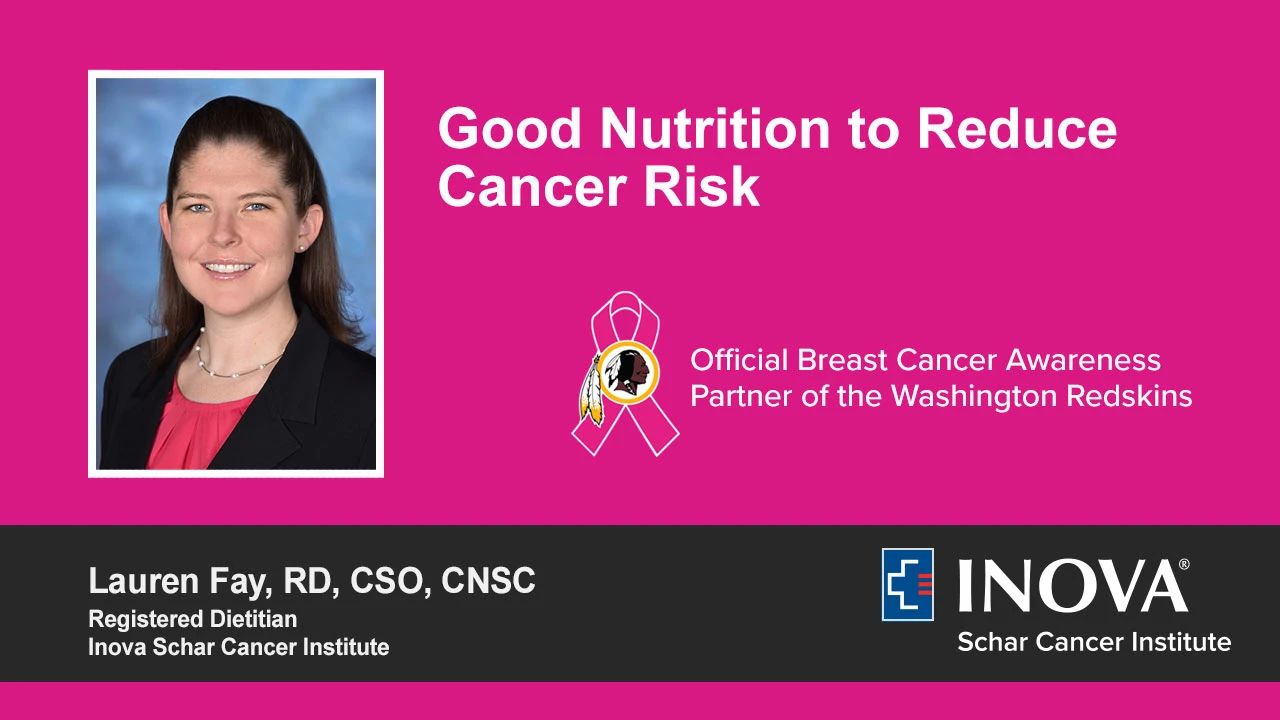5 Benefits of Vaccinations: Protect Yourself and Others
Sample meta description.

Understanding Vaccinations The Cornerstone of Disease Prevention
Okay, let's dive into vaccinations. What are they, really? Simply put, a vaccination is a way to train your immune system to recognize and fight off specific diseases. Think of it like showing your body's security team (your immune system) pictures of the bad guys (viruses and bacteria) so they know who to look out for. When you get vaccinated, you're exposed to a weakened or inactive form of the disease-causing agent. This exposure doesn't make you sick, but it does trigger your immune system to create antibodies – specialized proteins that can neutralize the real threat if you ever encounter it in the future. This is why vaccinations are so crucial for public health; they protect individuals and create herd immunity, which safeguards those who can't be vaccinated (like infants or people with certain medical conditions).
Benefit 1 Protecting Yourself From Serious Illnesses Vaccination Benefits
The most obvious benefit? Vaccinations protect you from getting seriously ill. Diseases like measles, mumps, rubella, polio, and tetanus used to be widespread and caused significant illness, disability, and even death. Thanks to widespread vaccination programs, these diseases are now rare in many parts of the world. Consider measles. Before the measles vaccine was introduced, it was a common childhood illness that could lead to pneumonia, encephalitis (brain swelling), and death. Now, measles outbreaks are relatively uncommon and usually occur in communities with low vaccination rates. Vaccinations essentially give your body a head start in the fight against these diseases, making you much less likely to contract them or experience severe complications if you do.
Benefit 2 Building Herd Immunity Shielding Your Community Through Vaccination
Herd immunity is a beautiful thing. It's when a large percentage of a population is immune to a disease, making it difficult for the disease to spread. This protects those who can't be vaccinated, such as babies too young to receive certain vaccines, people with weakened immune systems, and individuals with allergies to vaccine components. Think of it like a firebreak in a forest. If enough trees are cleared, a fire can't easily spread through the forest, protecting the remaining trees. Similarly, when a high percentage of people are vaccinated, the disease can't easily spread through the population, protecting those who are vulnerable. The higher the vaccination rate, the stronger the herd immunity, and the more protected the entire community becomes.
Benefit 3 Preventing the Spread of Disease Public Health and Vaccination
Vaccinations don't just protect you; they protect everyone around you. By getting vaccinated, you're less likely to contract and spread diseases to others, including your family, friends, and community members. This is especially important for vulnerable populations, such as infants, the elderly, and people with weakened immune systems. Imagine a scenario where you're unknowingly carrying the flu virus. If you're vaccinated, you're less likely to get sick and spread the virus to your elderly grandmother, who might be more susceptible to serious complications from the flu. Vaccinations are a powerful tool for preventing the spread of disease and protecting public health.
Benefit 4 Saving Money on Healthcare Costs Economic Benefits of Vaccination
While the initial cost of a vaccination might seem like an expense, it's actually an investment in your long-term health and well-being. By preventing diseases, vaccinations can save you money on healthcare costs in the long run. Think about it: if you get vaccinated against the flu, you're less likely to get sick and need to see a doctor, buy medications, or take time off from work. Furthermore, preventing serious diseases like measles and polio can avoid costly hospitalizations, long-term care, and disability. Studies have shown that vaccinations are a cost-effective way to improve public health and reduce healthcare spending. The money saved on healthcare can then be used for other important things, like education, housing, and recreation.
Benefit 5 Eradicating Diseases A World Without Disease Through Vaccination
Vaccinations have the power to eradicate diseases altogether. Smallpox, a devastating disease that killed millions of people throughout history, was eradicated worldwide in 1980 thanks to a global vaccination campaign. Polio, another crippling disease, is on the verge of eradication thanks to ongoing vaccination efforts. Eradicating diseases not only prevents suffering and death but also frees up resources that can be used to address other health challenges. Imagine a world without measles, mumps, rubella, or polio. This is the power of vaccination – to create a healthier and safer world for everyone.
Vaccination Products and Recommendations Choosing the Right Protection
Okay, let's talk about some specific vaccination products and when they might be right for you. It's always best to consult with your doctor or a qualified healthcare professional to determine which vaccinations are appropriate for your age, health status, and lifestyle. They can consider your individual risk factors and provide personalized recommendations. But here's a general overview of some common vaccinations:
Flu Vaccine
The flu vaccine is recommended annually for everyone 6 months of age and older. It protects against the influenza virus, which can cause fever, cough, sore throat, muscle aches, and fatigue. There are two main types of flu vaccines: inactivated flu vaccines (killed virus) and live attenuated flu vaccines (weakened virus). The inactivated flu vaccine is given as a shot, while the live attenuated flu vaccine is given as a nasal spray. The flu vaccine is especially important for people at high risk of complications from the flu, such as pregnant women, young children, the elderly, and people with chronic health conditions.
MMR Vaccine
The MMR vaccine protects against measles, mumps, and rubella. It's typically given in two doses: the first dose at 12-15 months of age and the second dose at 4-6 years of age. The MMR vaccine is highly effective and has significantly reduced the incidence of these diseases. Measles, mumps, and rubella can cause serious complications, such as pneumonia, encephalitis, and birth defects. The MMR vaccine is safe and effective, and the benefits far outweigh the risks.
Tdap Vaccine
The Tdap vaccine protects against tetanus, diphtheria, and pertussis (whooping cough). Tetanus is a bacterial infection that can cause painful muscle spasms. Diphtheria is a bacterial infection that can cause breathing problems and heart failure. Pertussis is a highly contagious respiratory infection that can cause severe coughing fits. The Tdap vaccine is recommended for adolescents and adults, especially pregnant women. A booster dose is recommended every 10 years to maintain protection.
HPV Vaccine
The HPV vaccine protects against human papillomavirus (HPV), a common virus that can cause cervical cancer, other cancers, and genital warts. The HPV vaccine is recommended for adolescents and young adults, typically starting at age 11 or 12. It's given in two or three doses, depending on the age at which vaccination begins. The HPV vaccine is highly effective in preventing HPV infection and related cancers. It's a safe and effective way to protect yourself from these serious health problems.
Product Comparisons and Pricing Guide Vaccination Options and Costs
Let's break down some product comparisons and pricing, keeping in mind that prices can vary depending on your location and insurance coverage. Always check with your healthcare provider for the most accurate and up-to-date information.
Flu Vaccine Brands
- Fluzone High-Dose Quadrivalent (Sanofi Pasteur): Specifically designed for adults 65 years and older. Contains four times the antigen of standard flu vaccines, potentially offering better protection in this age group. Price: Typically around $50-$75.
- Fluarix Quadrivalent (GSK): A standard-dose flu vaccine for ages 6 months and older. Offers broad protection against four different flu strains. Price: Usually between $25-$45.
- Afluria Quadrivalent (Seqirus): Another standard-dose option suitable for ages 6 months and older. Can be administered via needle-free jet injector for those with needle phobias (check availability). Price: Similar to Fluarix, around $25-$45.
Tdap Vaccine Brands
- Boostrix (GSK): Approved for ages 10 and older. Commonly used as a booster shot for adolescents and adults. Price: Generally in the $50-$70 range.
- Adacel (Sanofi Pasteur): Also approved for ages 10 and older. Provides similar protection to Boostrix. Price: Comparable to Boostrix, approximately $50-$70.
HPV Vaccine Brands
- Gardasil 9 (Merck): The most widely used HPV vaccine. Protects against nine HPV types, which are responsible for the majority of HPV-related cancers and genital warts. Typically given in a two-dose series for those starting before age 15, and a three-dose series for those starting at age 15 or older. Price: Each dose can range from $200-$300, making the full series quite expensive, but often covered by insurance.
Important Considerations:
- Insurance Coverage: Many health insurance plans cover the cost of recommended vaccinations. Check with your insurance provider to see which vaccines are covered and what your out-of-pocket costs will be.
- Pharmacies vs. Doctor's Offices: You can often get vaccinated at your doctor's office or at a pharmacy. Pharmacies may offer vaccinations with no appointment necessary, which can be convenient.
- Discounts and Programs: Some manufacturers and organizations offer discounts or programs to help make vaccinations more affordable. Ask your healthcare provider or pharmacist about available options.
Real-Life Vaccination Scenarios Where and When to Use Them
Let's look at some real-life scenarios to illustrate how vaccinations can be beneficial:
- Scenario 1: Traveling Abroad: Planning a trip to a country where certain diseases are prevalent? You might need specific vaccinations, such as yellow fever, typhoid fever, or hepatitis A. Consult with your doctor or a travel clinic to determine which vaccinations are recommended for your destination.
- Scenario 2: New Baby in the Family: Protecting your newborn from preventable diseases is crucial. Make sure everyone who will be in close contact with the baby is up-to-date on their vaccinations, including the Tdap vaccine to protect against pertussis (whooping cough).
- Scenario 3: School or College Entry: Many schools and colleges require students to be vaccinated against certain diseases, such as measles, mumps, rubella, and varicella (chickenpox). Check with the school or college to see what vaccinations are required.
- Scenario 4: Working in Healthcare: Healthcare workers are at increased risk of exposure to certain diseases. They should be vaccinated against influenza, measles, mumps, rubella, varicella, hepatitis B, and pertussis.
:max_bytes(150000):strip_icc()/277019-baked-pork-chops-with-cream-of-mushroom-soup-DDMFS-beauty-4x3-BG-7505-5762b731cf30447d9cbbbbbf387beafa.jpg)






